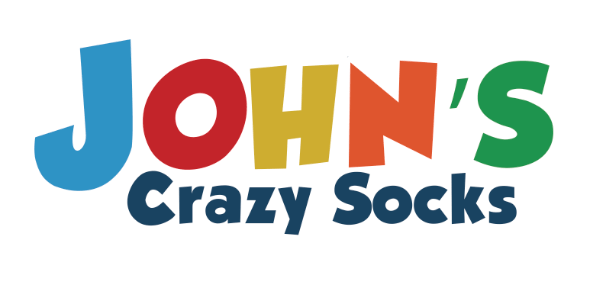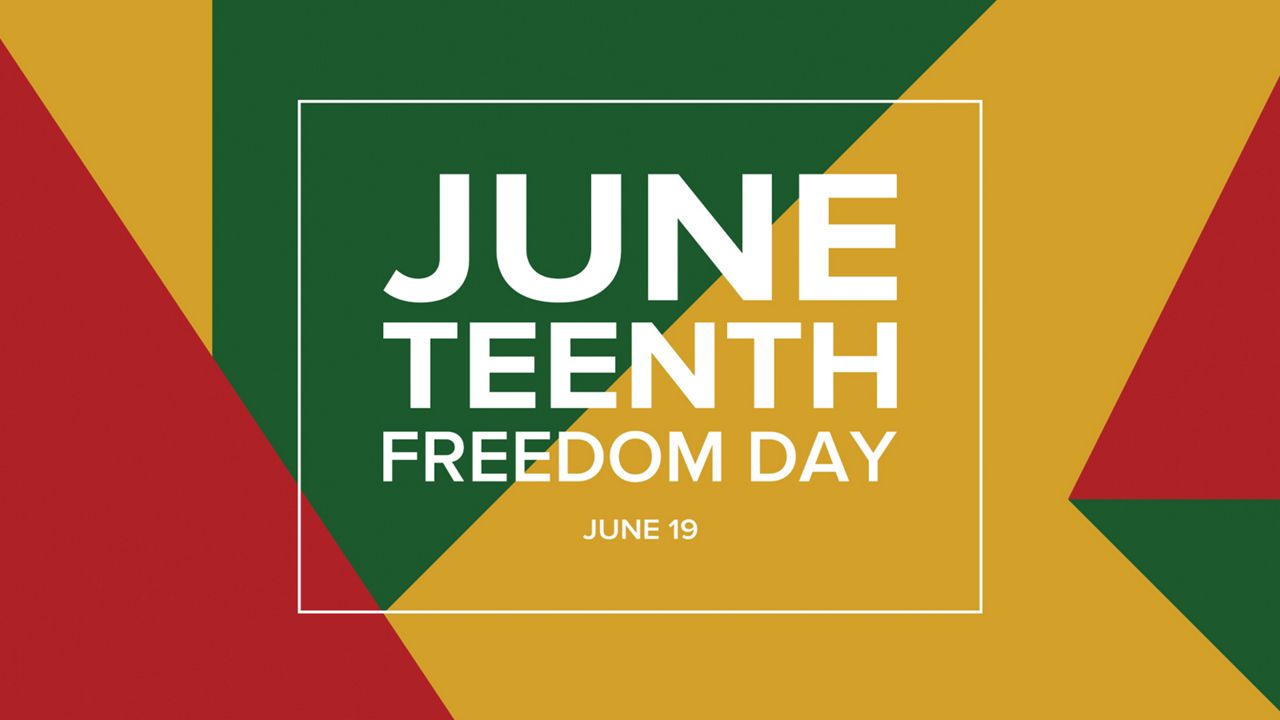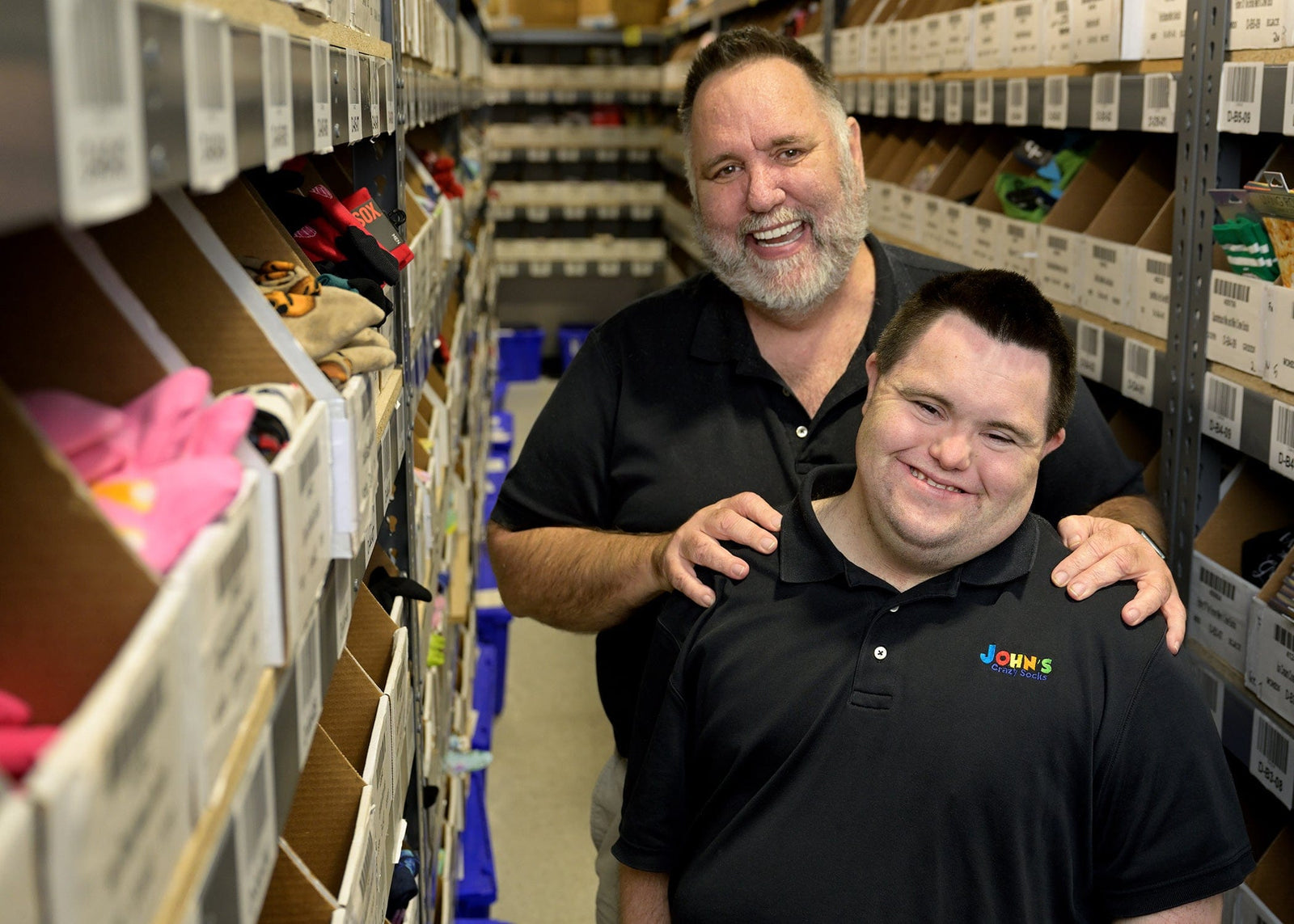Let’s start with reality: we have not closed for Juneteenth in the past. So why now? Because we are learning, and we need to change. Because Juneteenth is a day of action and we need to take action. Because this is personal, it is not about what we all must do, it is about what John and I must do as leaders of our organization.It is because change starts at home.
Origin stories matter because they set the tone for everything that will follow and the origins of Juneteenth matter. President Lincoln issued the Emancipation Proclamation on January 1, 1863, an important date, but that was a statement, a declaration of intentions. Congress passed the 13th Amendment, which banned slavery, on January 31, 1865, but that too was a statement of intentions. Juneteenth celebrates and honors an actuality: the day Union soldiers reached Galveston, Texas to free the remaining slaves, people kept in shackles even though the Civil War had ended months before. And the symbolism reverberates today, even after the war was won, people still needed to be freed.
Our words matter, but actions matter more. Closing our John's Crazy Socks offices in recognition of Juneteenth is an action to say that we need to do more than talk, more than make statements of what we desire, we need to act. And we need to start at home. We can point to changes we need to make as a society, but we need to first look at ourselves.
Looking at Ourselves First
We are an organization based on promoting diversity. Our mission is to show what people with differing abilities can do. I have seen the pain and, through my son, felt the pain when people with differing abilities are denied equal rights, denied basic human rights. We have testified before Congress calling for equal pay. We have campaigned for equal medical treatment. We do all we can in our workplace to create a unified workplace, where people with differing abilities work side by side with neurotypicals. We find joy as our colleagues grow because they are treated with dignity and respect. And we know that creating a place where people with differing abilities are respected and valued and allowed to contribute fully is not altruism, but good business. We are better off because of our diversity.
Yet the reality is that we are largely a white organization. For all our claims for diversity, for all our good intentions, we have fallen short. We have stood at rallies. We have called for changes in society, yet we are flawed in our own home. Oh, we think we are good people. We think we are doing right. I would tell you there is not a prejudiced bone in my body, but the results say otherwise. There are sins of commission and sins of omission. The results of a nearly all-white organization say we need to look at ourselves and see how we, even if unintentionally, create barriers within our organization.
Juneteenth is a good day to take stock, to remember that we need to do more than talk or issue statements, we need to act. Here are some of the actions we are taking:
Changing our approach to recruiting for job openings: We started by asking why do we not see more minority job applicants? Many of our hires come from referrals from our colleagues or social service agencies with whom we work. That approach has many benefits, but it tends to reinforce the status quo. We need to change the status quo. As a result, we are changing the following:
- We are changing our recruiting material, so the language and the images are inclusive.
- We are changing how we post openings, reaching out to organizations and sources that will reach people of color.
- We are re-examining our interview process to make sure we are not blind to barriers that we may create.
- We are re-examining our hiring process to make sure that we keep true to our promise to focus on what people can do, not what they cannot do and to make sure there are no inappropriate biases in our decisions.
Re-Examining Our Relationships with Social Service Agencies: We work closely with several area social service agencies. We support their activities in many ways, including with donations. We host work groups from these agencies so we can give their clients a taste of the work environment and show them examples of people with differing abilities at work. These social service agencies recommend people who can work with us. However, almost all the candidates they recommend are white. We will work with those social service agencies to ensure that we see candidates of color. In addition, we will seek out other agencies that bring a more diverse group of clients to work with us.
Changing What We Show: We make a commitment to hire people with differing abilities. (Currently, we have a work roster of 23 people and 19 have a differing ability). And we show what people with differing abilities can do. We make videos and hold public events. We need to ensure that in doing so, we show people of color so that our images and opportunities match our commitment to diversity.
Creating Speaking Opportunities for People of Color: John and I often receive invitations to speak at meetings, conferences, and public events. It is a prime way we have of showing what people with differing abilities can do. We often find ourselves speaking on panels and too often those are all-white panels. We need to push organizers to ensure that panels and speakers come from a diverse background and include black speakers and people of color. And we need to develop our own network of black speakers and people of color that we can recommend to event organizers.
Promoting Opportunities for People of Color: We are planning to create an organization tentatively called Entrepreneurs with Abilities to bring together organizations led by or with a focus on hiring people with differing abilities. The idea is to share experiences, insights, resources, and know-how for these organizations and those who want to create these organizations. We will work to ensure that this group includes black entrepreneurs and leaders and people of color.
I have learned from my son and from our colleagues that depriving people of rights and opportunities is painful and can cause them to withdraw and wilt. I have witnessed the subtle and not-so subtle ways they are excluded and denigrated. It is awful. We have built an organization dedicated to changing the situation for people with differing abilities.
If you are black in the United States and you are afraid to walk on the street out of fear for your safety or your life; if you are black and you know you do not have the same opportunities, the same hope as others, that is painful and horribly wrong. It is a personal tragedy. Yet we all suffer. We all suffer when any among us are denied the opportunity to engage, to share, to create and contribute. We are all denied those relationships and those talents.
At John’s Crazy Socks, we need to do more. We need to bring about change and we need to start with ourselves. Taking time to recognize Juneteenth and make other tangible and concrete changes is a start.




